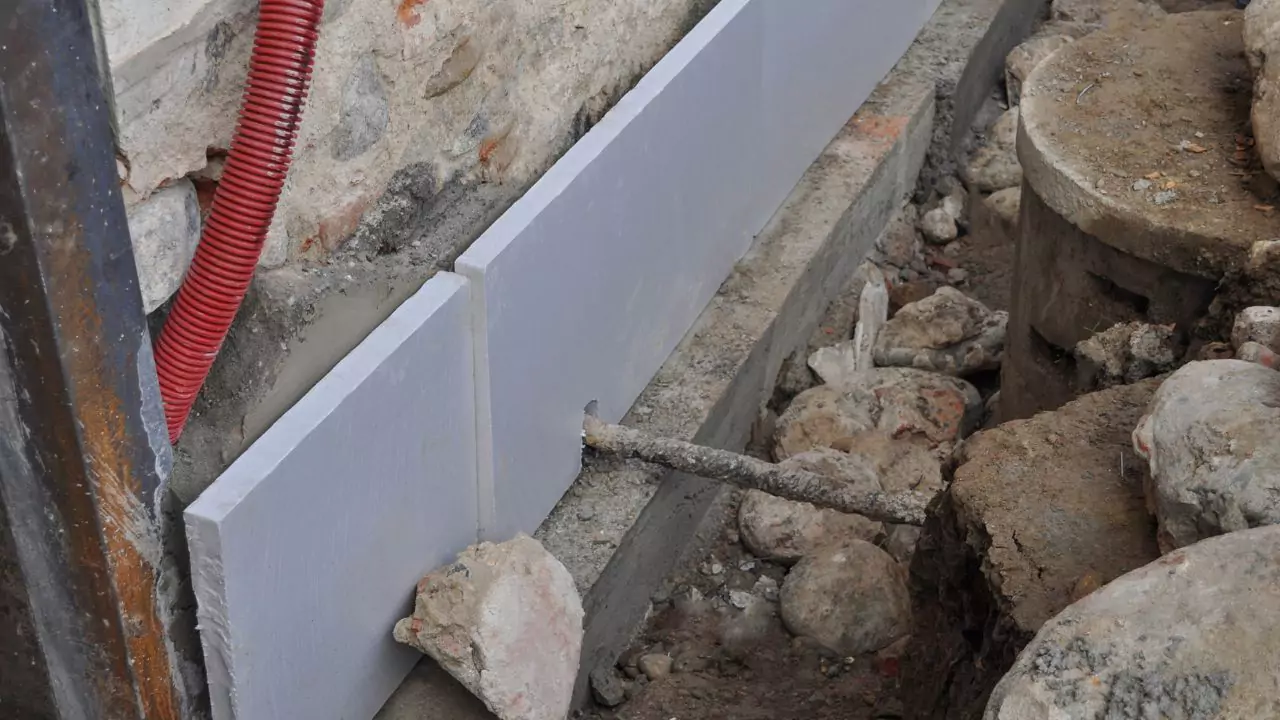Underpinning is the reinforcement of an existing building foundation. It’s needed when the original foundation is no longer strong enough to support the house.
Subsidence damage is usually covered by building insurance. This means that you should be able to claim back the cost of your house needs underpinning. However, underpinning might not be covered by your home insurance if the subsidence was caused by major structural changes you’ve made to your home.
Insurers will want to know when the subsidence occurred, the cause of it, and the exact method and extent of the underpinning.
If your property is underpinned, you’ll likely need a specialist insurance policy that takes the underpinning into account. Some companies are prepared to cover underpinned homes, especially if it happened 10 or more years ago and the property has experienced no structural issues since.
What is Underpinning and Why is it Needed?
Underpinning strengthens the foundations of your house by digging beneath them and creating a new, deeper base. This is often necessary when the existing foundations are weak or have suffered damage, causing the house to settle unevenly. Common reasons for underpinning include:
- Subsidence: Movement of the ground beneath your house, often caused by clay shrinkage or water leakage, can lead to cracks and structural instability. Underpinning stabilizes the foundations and prevents further damage.
- Tree root damage: Aggressive tree roots can grow under your house, weakening the foundations and causing cracks. Underpinning provides a barrier against the roots and protects your house.
- Planned extensions or renovations: If you’re planning significant structural changes to your house, such as adding an extension or a loft conversion, underpinning may be necessary to ensure the existing foundations can support the additional weight.
Do you need to inform your house insurance provider before underpinning your property?
Yes, it’s crucial to inform your house insurance provider before undertaking any underpinning work. This is because underpinning is a major structural alteration to your house, and your policy may have specific requirements or exclusions regarding it. Failure to inform your provider could invalidate your insurance or limit your coverage.
Are there any exclusions or limitations in your house insurance policy regarding underpinning?
Yes, exclusions and limitations regarding underpinning can vary depending on your specific policy and the individual circumstances. Some common exclusions include:
- Underpinning is caused by pre-existing or undisclosed structural defects.
- Underpinning is carried out without the proper professional qualifications and building regulations.
- Underpinning for planned extensions or renovations that are not covered by your policy.
It’s important to carefully review your policy wording and understand any exclusions or limitations related to underpinning. If you’re unsure about anything, contact your insurance provider for clarification.
Can you claim for the cost of underpinning from your house insurance if the damage was caused by natural disasters?
Yes, you may be able to claim for the cost of underpinning if the damage was caused by a natural disaster covered by your house insurance. This includes events like floods, landslides, or earthquakes. However, the specific terms and conditions of your policy will determine whether underpinning is covered and under what circumstances.
What are the benefits of underpinning your house and how does it affect your house insurance premium?
Underpinning can offer several benefits, including:
- Stabilizing your house and preventing further structural damage.
- Increasing the value of your property.
- Providing peace of mind and protecting your investment.
However, underpinning is a significant undertaking and can be expensive. Additionally, it may affect your house insurance premium. Underpinning can increase your risk profile in the eyes of your insurer, potentially leading to higher premiums.
Do you need to get a professional surveyor’s report before and after underpinning your house for your house insurance?
Yes, getting a professional surveyor’s report before and after underpinning your house is highly recommended. This is especially important for insurance purposes. The surveyor’s report will document the condition of your house before and after the work, providing valuable evidence for any future insurance claims.





